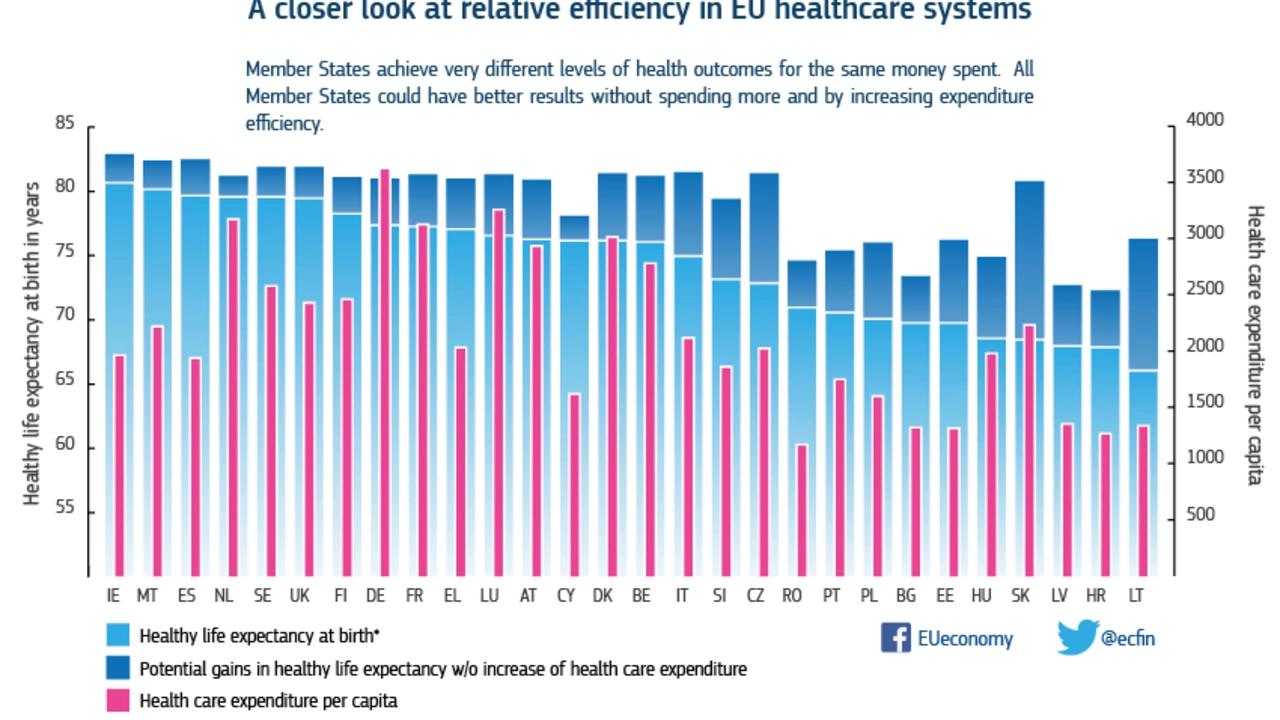Dental Resources & Community for Indian Dentists
Welcome to the place where every dentist in India can find what they need to run a better clinic. From up‑to‑date research papers to step‑by‑step guides on new procedures, we keep the info fresh and easy to use. You’ll also spot reviews of the newest dental tools, so you know what’s worth buying.
Latest Dental Innovations
We post short videos and articles on cutting‑edge tech like AI‑driven imaging and laser treatments. The focus is on practical tips – how to set up the gear, what benefits patients notice, and how it can cut your time per appointment.
Connect & Grow Your Practice
Join our discussion boards to ask questions, share cases, and find mentors. Our event calendar lists webinars, workshops, and local meet‑ups, making networking simple. Ready to upgrade your skills and expand your network? Dive in and start exploring the resources that can boost your practice today.
Croma, Flipkart, Vijay Sales Slash Prices on iPhone 17, Galaxy S24, and Pixel Phones for Black Friday 2025
- Kaius Sterling
- November 27, 2025
- 0 Comments
Croma, Flipkart, and Vijay Sales launched record Black Friday 2025 smartphone discounts in India, with iPhone 17 and Galaxy S24 slashed to under ₹46,000, signaling fierce competition in the $40B Indian mobile market.
read moreBangladesh Dominates Ireland as Litton Das' 128 and Joy's 171 Seal Series Advantage
- Kaius Sterling
- November 20, 2025
- 0 Comments
Bangladesh crushed Ireland in the second Test at Sher-e-Bangla Stadium, with Litton Das scoring 128 and Mahmudul Hasan Joy's 171 sealing dominance. Ireland's batting struggles continue in Asia.
read moreHeavy Rain Alert in Eastern UP: Varanasi and 16 Other Districts Braced for Torrential Downpours
- Kaius Sterling
- October 30, 2025
- 0 Comments
On October 30, 2025, the IMD warned of torrential rain in 17 eastern Uttar Pradesh districts, including Varanasi, despite statewide forecasts showing minimal rainfall — highlighting dangerous microclimate extremes and public health risks.
read moreShanto Leads Bangladesh in Afghanistan ODI Series as BCB Names Squad
- Kaius Sterling
- October 15, 2025
- 0 Comments
Bangladesh Cricket Board names Najmul Hossain Shanto as captain for the Sharjah ODI series vs Afghanistan, despite his earlier reluctance, while key players Shakib and Litton miss out.
read moreKhasi Hills Archery Sports Association Announces Conflicting Shillong Teer Results for Oct 8, 2025
- Kaius Sterling
- October 8, 2025
- 0 Comments
Khasi Hills Archery Sports Association confirms Shillong Teer results 19‑01 for Oct 8, 2025 amid conflicting reports, highlighting the lottery's cultural and economic role in Meghalaya.
read moreDhanush & son Linga’s viral dance lights up ‘Idli Kadai’ audio launch in Chennai
- Kaius Sterling
- October 1, 2025
- 0 Comments
Dhanush and son Linga’s spontaneous dance at the Idli Kadai audio launch in Chennai sparked viral buzz, boosting the Tamil film’s soundtrack hype and fan anticipation.
read moreKesari Jalebi Recipe for Karwa Chauth: Sweet Tradition, Golden Flavor
- Kaius Sterling
- September 24, 2025
- 0 Comments
Discover how to make a saffron‑infused Kesari Jalebi that's perfect for breaking the Karwa Chauth fast. The guide covers cultural meaning, a detailed step‑by‑step recipe, and health perks of saffron. Learn tips for perfect spirals, syrup consistency, and serving ideas that keep the celebration sweet and bright.
read moreSouth Africa Women Edge Pakistan by 5 Runs in Thrilling Lahore ODI
- Kaius Sterling
- September 23, 2025
- 0 Comments
South Africa Women clinched a narrow 5‑run victory over Pakistan Women in Lahore on September 19, 2025. Tazmin Brits smashed an unbeaten 171, setting a massive total of 292/3. Pakistan’s Sidra Amin replied with a hundred, but fell short at 287. The match featured record third‑wicket stands for both sides. The win gave South Africa a 2‑0 series lead.
read moreWhy is universal health care so cheap?
- Kaius Sterling
- August 3, 2023
- 0 Comments
Alright folks, prepare to have your minds blown, because we're diving into the world of universal health care. It's like buying wholesale - when everyone's in on it, the cost per person goes down, just like when you buy toilet paper in bulk. It's also about prevention - keeping people healthy is cheaper than treating them when they're sick. You know, like changing your car's oil instead of waiting for the engine to blow up. And let's not forget the simplicity - one system, one set of rules, no need for a decoder ring to understand your health insurance plan. So, let's all go for a check-up, shall we? It's cheaper than you think!
read more







